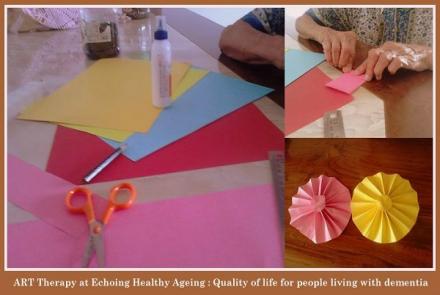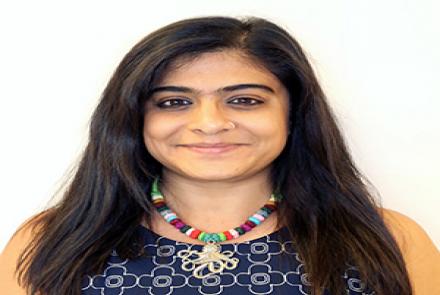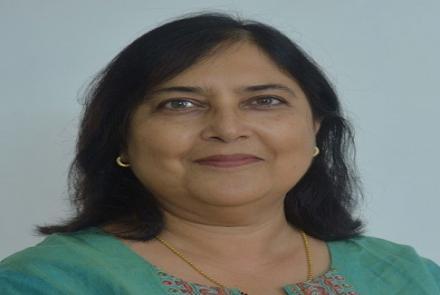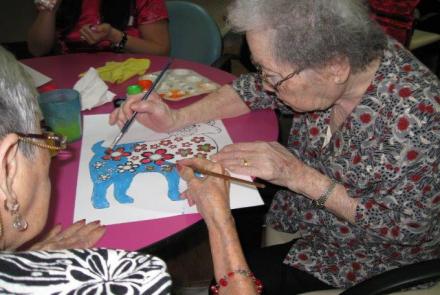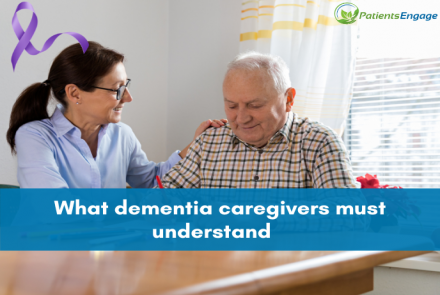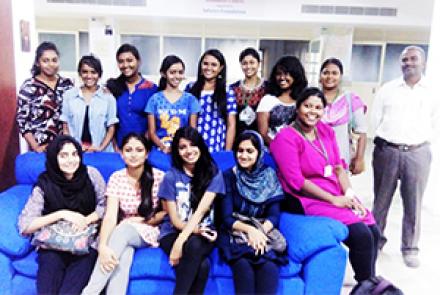
The best way to help a person with dementia is to ensure that they maintain control over as many areas of their life as possible and encourage them to maximise their remaining abilities, recommends Amrita Patil–Pimpale, a dementia care consultant.
During my recent home visit to Mr. Dsouza (name changed) who is living with Dementia, I noticed a bottle of floor cleaner kept on his dining table. Usually this isn’t matter of concern. However in Mr. Dsouza’s case, he is in mid-stage of dementia, has poor judgement and struggles with decision making. He could mistake the floor cleaner for a beverage as it was on the dining table.
There can be many instances where people with dementia can be at risk. The disease not only affects cognition, it also affects perception of place, position; slows timing and reflexes; worsens coordination; and limits the abilities to plan ahead and solve problems. Once diagnosed with dementia, it is advisable the person discontinue driving, travelling alone, cooking, and handling bank transactions for his/her own safety.
Safety at Home
Over time, as the disease progresses, the person with dementia becomes less capable of managing things independently. It becomes the carer’s responsibility to ascertain the safety of the individual. It is important that person is offered safe environment that facilitates independence, still provides a life with sense of purpose and quality. At home, one can take the following measures for safety of the person with dementia -
- Keep hazardous items such knife, scissors, stove etc. out of reach
- Lock the doors to ensure the person does not wander out of the house
- Keep the house free of clutter to facilitate unhindered movement
- Provide grab bars in the bathroom and corridors to help easy movement
- Provide adequate lighting
- Put warning signs on harmful areas or objects
Medication
Medications should always be kept away from person and should be given as per prescription by family members/caregivers. Medicine boxes with day wise sorting should be avoided as person might be confused with today’s day, time of the day which may lead to either skipping the dose or overconsumption of medicine.
Outside home
Person should always be accompanied while going out of house. It is preferable that they are given a mobile phone that is easy to operate. However mobile phones can be misplaced or can be confusing to use in panic situations. It is also useful to keep ID card, address in person’s wallet, in case they forget the way back home. A steel bracelet with engraved name and address can be worn by the person.
Handling money and valuables
Large sums of money, valuables should not be kept with person with dementia. One of my service users with dementia routinely went to his bank, withdrew large sum of money from bank and when he returned home he had no money in hand, he could not recall where the money went even when the bank was only a short distance from home.
Ideally bank related transactions, bill payments should be avoided by person with dementia, as they may find these tasks confusing. They may fail to understand what needs to be paid, overpay for some things, or leave money unaccounted for. A joint accountee or power of attorney should be added to handle necessary bank transactions for person with dementia.
Keeping safe vs. Quality of life
In any stage of dementia, the aim is to keep the person with dementia as active as possible, which includes activities related to their occupation/work, social engagements, physical activities like walking, exercises, yoga etc. However, many times due to safety concerns people with dementia are deprived of activities they once enjoyed like cooking, walking.
While setting up safety measures for person with dementia, it is important to remember that often we tend to focus on disease, instead of the person. The effort to safeguard the person should not get constrictive or interfere excessively with the person’s independence. As each one of us enjoys our freedom, a person living with dementia is no different and deserves the same respect and free will.
Trained, empathetic caregivers will understand needs of person with dementia and are able to provide a safe yet stimulating environment as well as activities for people with dementia. As we are seeing increased rate of dementia, we need to create dementia friendly communities, so that people affected by dementia feel understood and included, and that they can confidently contribute to community life.
Remember, it is crucial to help a person experiencing dementia to maintain control over as many areas of their life as possible and encourage them to maximise their remaining abilities.
(Amrita Patil –Pimpale is a Mumbai based Dementia care consultant. Her organisation Echoing Healthy Ageing, offers support and home based therapies to people with dementia, their families and caregivers.)




